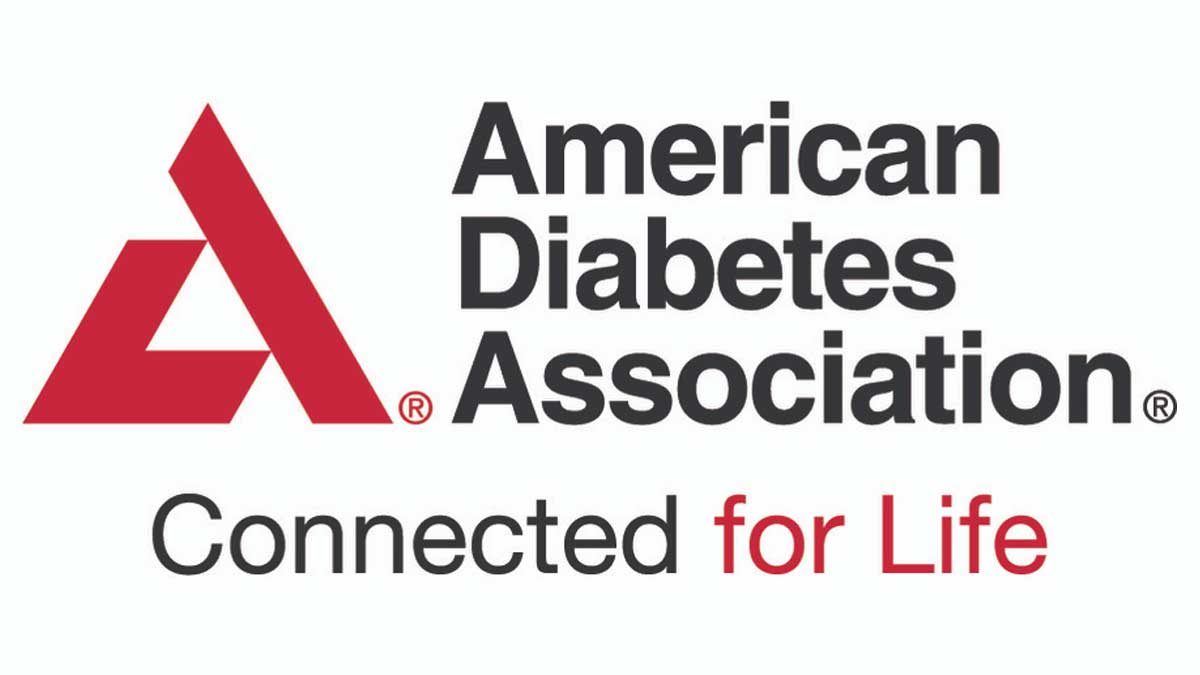The Indian Yoga Association (IYA), Uttar Pradesh Chapter, played a significant role in the Women Empowerment Seminar organized by the Institute Innovation Council (IIC) at SD College of Commerce. The event was a resounding success, bringing together experts and dignitaries to discuss critical issues surrounding…
129-OR: Diabetes Prevention through Yoga-Based Lifestyle: A Pan-India
Randomized Controlled Trial
RAGHURAM NAGARATHNA, C. VENKATA S. RAM, SASIDHARAN K. RAJESH, AMIT
SINGH, VIJAYA MAJUMDAR, SUCHITRA PATIL and HONGASANDRA R. NAGENDRA
Diabetes 2019 Jun; 68(Supplement 1): -.
https://doi.org/10.2337/db19-129-OR
Abstract
Objective: The study tested the potency of yoga-based intervention on risk reduction of
diabetes.
Research Design and Methods:
This study is an offshoot of a large, 2 group cluster randomized, translational research trial on 11,212 individuals, aged >20 years, with high-risk (>60) for diabetes on IDRS (Indian diabetes risk score) and type 2 diabetes. The present study included a subgroup of 3,366 prediabetes individuals [A1C range of 5.70-6.49% (39-47 mmol/ mol)]. Eligible individuals were selected by community-based (rural and urban) screening from 29 states/union Indian territories and were cluster randomized. The wait list control group received lifestyle advice. The experimental group performed a validated yoga-based lifestyle intervention developed by a group of 16 yoga and diabetes experts using the Delphi method. The study outcomes, diabetes incidence/prediabetes remission were obtained by respective A1c values >6.5% (48 mmol/mol) or <5.7% (38 mmol/mol) (normoglycemia) at 3 months of follow-up.
Results:
At 3 months of follow-up, 11.2% of the yoga-intervention group and 21.6% of the control group developed diabetes (p<0.05); the relative risk reduction (RRR) was 47% (95% CI: 26-70). Interestingly, the intervention resulted in an effective shift to a normal range of A1c values in 52.0% of individuals as compared to only 39.9% in the control (p<0.05). Yoga-intervention was found to be beneficial for both the normal BMI (<23 Kg/m2) and the overweight/obese sub-groups (≥23 Kg/m2), as indicated by the respective RRRs of 69% (95% CI: 52-85) and 51% (95% CI: 32-70).
Conclusion:
This is the first report on the effectiveness of a yoga-based life style intervention for remission of prediabetes and prevention of diabetes. The intervention was adequately effective for normal and overweight/obese subgroups. The short-term findings demand the need for longer follow-up. We speculate positive long-term outcomes based on the reported effects of yoga on self-control and feeding behavior.
Disclosure Raghuram Nagarathna:
None. C. Venkata Ram: None. Sasidharan Rajesh: None. Amit Singh: None. Vijaya Majumdar: None. Suchitra Patil: None. Hongasandra Nagendra: None.
Funding:
The Ministry of Ayurveda, Yoga and Naturopathy, Unani, Siddha and Homoeopathy; Government of India Ministry of Health and Family Welfare © 2019 by the American Diabetes Association.
















